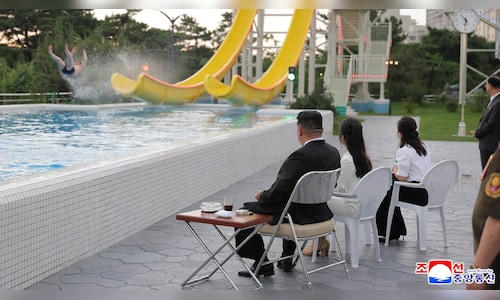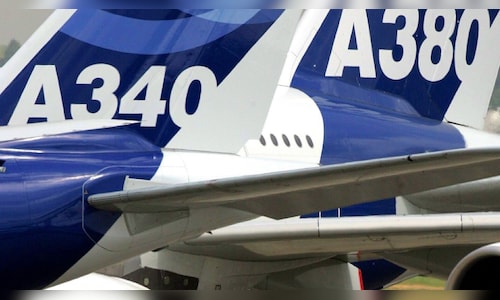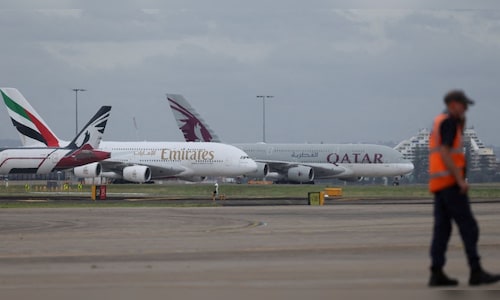The announcement was made on July 18 via DPR Korea Tour, a website managed by North Korea’s tourism authorities, which stated the eastern seaside resort is “temporarily not receiving foreign tourists”. No explanation was provided regarding the duration of the ban or the reasons behind it.
The mega resort is located on the country’s eastern coastline and officially opened to domestic visitors on July 1. A group of Russian tourists were the first foreigners to access the site earlier this month, leading many analysts to predict that Chinese tourists would soon follow, while visitors from other nations would continue to face restrictions.
With a capacity to accommodate nearly 20,000 guests, the Wonsan-Kalma complex has been promoted by Pyongyang as a centrepiece of its tourism ambitions. However, its future now appears uncertain.
Tourism in North Korea: Adventure sports, seaside luxury resorts opens on July 1 — See pics
The decision to halt foreign entry came shortly after Russian Foreign Minister Sergey Lavrov visited the resort last weekend, where he held discussions with North Korean leader Kim Jong Un and Foreign Minister Choe Son Hui. During the meeting, Lavrov expressed optimism about the resort’s appeal to Russian travellers.
“I am sure that Russian tourists will be increasingly eager to come here,” Lavrov remarked.
Despite this diplomatic overture, experts believe the sudden ban may have been triggered by critical media coverage. A Russian journalist accompanying Lavrov reportedly published an article suggesting that North Korean visitors at the resort may have been mobilised by state authorities, casting doubt on the authenticity of the holiday atmosphere.
“The North Korean government is believed to have determined that it would face some negative consequences when it opens the site to foreigners,” said Oh Gyeong-seob, an analyst at the Korea Institute for National Unification in Seoul.
While Oh suggested the restriction would apply to all foreign nationals, including Russians, the North Korea-focused NK News cited tour operators indicating that Russian visitors may still be permitted under certain conditions.
Also read | North Koreans frolic at Wonsan-Kalma beach resort as Kim Jong Un looks to attract tourists
Lee Sangkeun, an analyst at Seoul’s Institute for National Security Strategy, offered a different perspective, citing possible challenges in attracting Russian tourists. He noted that for many Russians, travelling to North Korea could be seen as too distant or costly, which could hamper Pyongyang’s plans for the resort.
Financial pressures are another key factor. Analysts say the Wonsan-Kalma resort represents a major investment for the cash-strapped nation, and attracting foreign tourists—especially those from Russia and China—is vital to recouping costs.
“If foreign tourists aren’t allowed to the site, no Russian roubles, Chinese yuan or dollars will come in. Then, North Korea can’t break even and it has to shut down the resort,” warned Ahn Chan-il, head of the World Institute for North Korean Studies.
Despite Kim Jong Un’s earlier praise of the project as “the proud first step” in revitalising tourism, the ban could derail those ambitions. State media has claimed the resort is bustling with domestic tourists, but the long-term sustainability of the site likely hinges on foreign revenue.
Earlier this month, NK News reported that the initial group of 15 Russian tourists arrived at the resort on July 11 after touring Pyongyang. One visitor, Nina Svirida, shared her impression:
“It was magnificent. Everything is new, clean and stunning,” she said.
North Korea has been cautiously reopening its borders following prolonged pandemic-related restrictions. Although a small group of international tourists was allowed to visit the northeastern city of Rason in February, that programme was abruptly terminated within a few weeks.
China, previously the source of more than 90 per cent of North Korea’s inbound tourism, has yet to resume its group travel programmes to the country.
As Pyongyang continues to navigate diplomatic and economic challenges, the Wonsan-Kalma resort remains a litmus test for its ability to engage with the outside world—on its own tightly controlled terms.






